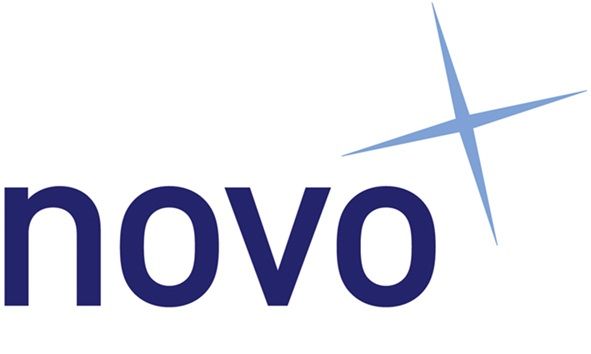Coronavirus: Will I get sick pay?

There has been much discussion about what pay workers will get if they have to self-isolate as a result of the coronavirus outbreak.
There is concern that people will be more likely to infect others if they do not have incentives to stay at home when they are at risk – Eight charts on how coronavirus has hit the global economy
Will I get paid if I self-isolate?
Provisions for sick leave vary from company to company. Many employees will have contracts that allow them their normal pay while they are unable to work because they are sick.
But the situation with self-isolation is more complicated – workers may not actually be sick so will not automatically be entitled to their contractual sick pay. That decision will be down to employers but the employment conciliation service Acas said it was “good practice” to offer contractual sick pay.
Even where people do not get their fully paid sick leave, or if they work in jobs where they do not have contractual sick leave, there may be minimum payments they can rely on, known as statutory sick pay.
What is statutory sick pay?
Statutory sick pay is money paid by employers, so self-employed workers are not eligible, but casual or agency workers are.
Health Secretary Matt Hancock told BBC Radio 4’s Today Programme: “We’ve got a statutory sick pay system in this country and self-isolating for medical reasons if you’re healthy counts as being sick in the legislation.”
It should be said that some employment lawyers disagree with this interpretation, but in any case the government could change the law.
How much is statutory sick pay?
It is set at £94.25 a week, although of course employers could pay more if they want to. To put that into context, average weekly earnings in the UK in December last year stood at £544 a week.
Statutory sick pay (SSP) is not paid for the first three days that somebody is sick but the government has now said it will be paid from day one, as part of its emergency coronavirus legislation.
But to get SSP people need to be earning at least £118 a week. Many people such as those on zero-hours contracts – who work variable hours every week – may earn less than this. The Trades Union Congress (TUC) has calculated that there are two million workers who are not eligible for SSP and Labour has asked the government whether they will now be covered.
We asked the Office for National Statistics to check this figure and they estimated that there were 1,766,000 jobs done by adults in the UK that paid less than £118 a week.
The number of people involved is likely to be somewhat lower than this because one person could have more than one of these jobs. And indeed, if somebody has more than one of these jobs it could take them above the £118 a week needed to qualify. About 70% of these jobs are done by women.
The GMB union has called on the government to force companies to give full pay to workers who are isolating themselves to prevent the spread of coronavirus.
It says that the government could use legislation that allows for staff to be suspended on full pay for up to six months for specific medical reasons involving risks of radiation or lead poisoning. The government could use a statutory instrument in Parliament to extend that to include people isolating themselves because of coronavirus.
Prime Minister Boris Johnson was asked about the issue of sick pay and said the government was going to “keep all options under review”.
Will I get paid if I need to care for somebody else?
If you have a relative who is ill, or your children’s school is closed, for example, your employer must give you time off to do so.
But your employer is not forced to pay you unless your contract requires it.
Will self-employed people get sick pay?
Broadly speaking, employees are entitled to sick pay and self-employed people are not.
In the latest UK figures for the last three months of 2019, there were about 28 million employed people and about five million self-employed.
HR body the Chartered Institution for Personnel and Development has called on the government to set up a compensation or hardship fund to help individuals such as the self-employed, temporary or low-paid staff if they are not eligible for sick pay or paid leave.
Originally published on BBC News, https://www.bbc.co.uk/news/business-51628524












